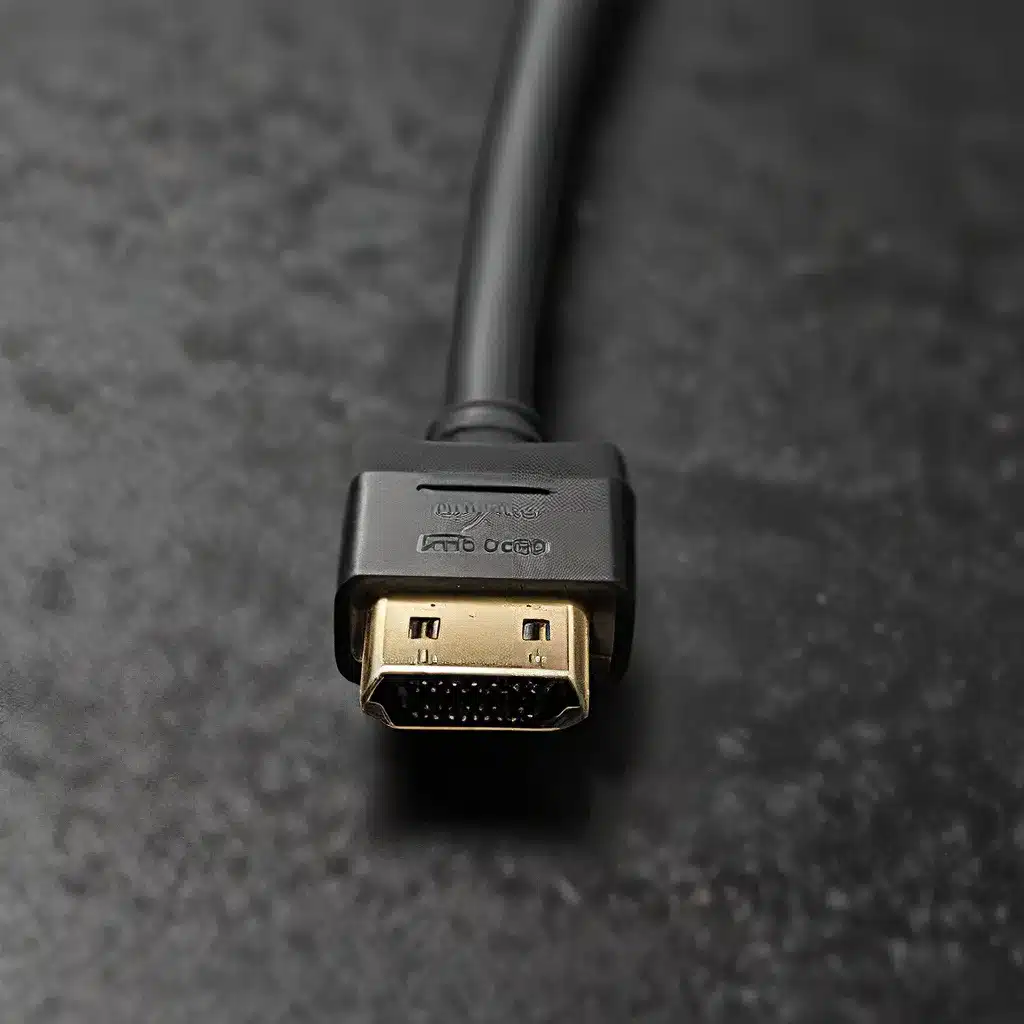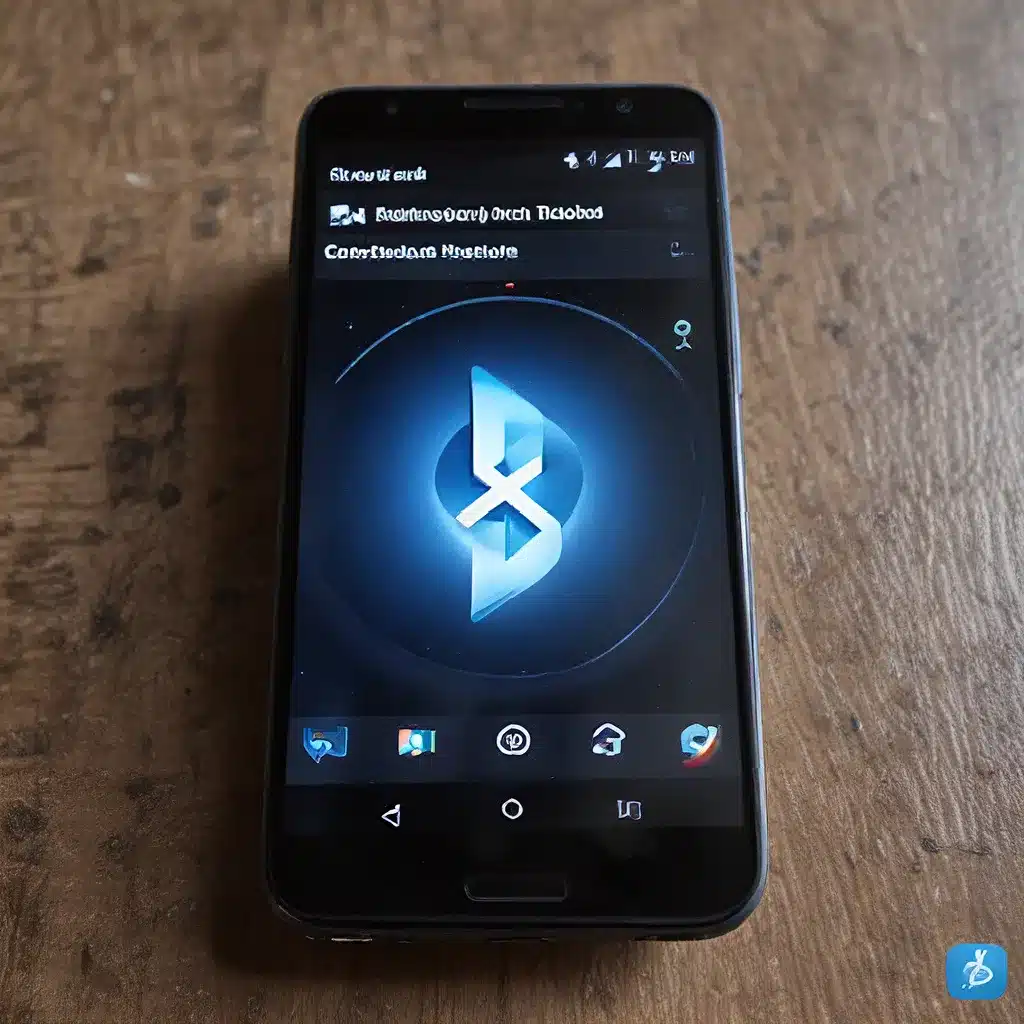The Great Digital Disaster of 2023
It was a normal Thursday afternoon when I received the call – my worst nightmare had come true. The IT manager at ITFix, an IT services company I had been working with for years, was on the other end of the line. “I’m so sorry, but it looks like your entire network has been compromised. All your files have been deleted.”
My heart sank. Years’ worth of client data, important documents, precious family photos – all gone in an instant. How could this have happened? I frantically racked my brain, trying to remember the last time I had backed up my data. Of course, it had been months. Rookie mistake.
As I sat there in stunned silence, the IT manager explained that a hacker had gained access to our system and systematically wiped out everything. “Don’t worry,” he assured me, “we’re going to do everything we can to get your data back.” But the damage was done. Or was it?
Diving into Data Recovery
I’ll admit, in that moment, I was utterly devastated. All my hard work, cherished memories, and critical business information – gone in a flash. But I knew I couldn’t give up hope. After all, I was the founder of ITFix, a company that prided itself on solving even the most complex tech problems. If anyone could figure this out, it was us.
I immediately got to work, scouring the internet for any information that could help us recover the lost data. What I found was a treasure trove of tips, tricks, and cautionary tales from others who had been in similar situations.
One Reddit thread, in particular, caught my eye. A user on the /r/synology subreddit had experienced a harrowing ordeal when their Synology NAS was hacked, and all their data was wiped. The comments were a mix of commiseration and valuable advice.
“I’ve been there, man,” one user wrote. “It sucks, but don’t give up. There are ways to recover deleted files, even if they’ve been overwritten.” Another chimed in, “Yeah, just don’t do anything else on the drive until you get a data recovery specialist involved. They can work miracles.”
Intrigued, I dug deeper, exploring other online resources like this Wired article that detailed one journalist’s harrowing experience with a hack that wiped out his entire digital life. The story was equal parts terrifying and inspiring, as he walked through the painstaking process of piecing his data back together.
Hacking the Hack
Armed with this newfound knowledge, I called a meeting with the ITFix team, determined to find a solution. “Okay, people,” I said, “we’ve got a major crisis on our hands, but I believe we can turn this around.”
I recounted the Reddit thread and the Wired article, highlighting the key takeaways. “The first thing we need to do is stop using the affected devices immediately. We don’t want to risk overwriting any potentially recoverable data.”
The team nodded in agreement, and we sprang into action. We powered down the compromised systems, disconnected them from the network, and secured the premises. “Now,” I continued, “we need to find a data recovery specialist who can work their magic.”
After some research, we decided to reach out to DriveSavers, a renowned data recovery company. Their process, as described in the Wired article, sounded promising. “They’ll image the drives, search for any recoverable data, and hopefully be able to restore most, if not all, of our lost files,” I explained.
The Painstaking Process of Data Recovery
The team at DriveSavers got to work immediately, and within a few days, they had some promising news. “We’ve been able to recover around 75% of the data on the affected drives,” the technician told me over the phone. “The rest, unfortunately, has been overwritten and is beyond recovery.”
My heart sank a little, but 75% was far better than the total loss I had been preparing myself for. “What about the recoverable data?” I asked, holding my breath.
“Well, the good news is that we were able to find a significant portion of your important files, including your photo library and most of your critical business documents,” the technician replied. “The bad news is that it’s going to cost you around $1,700 to get it all back.”
I winced at the price tag, but in the grand scheme of things, it was a small price to pay to salvage my digital life. “Do it,” I said without hesitation. “I can’t afford to lose any more of this data.”
Over the next few days, the DriveSavers team worked tirelessly, carefully extracting and organizing the recovered files. Finally, the moment of truth arrived, and they handed me an external hard drive containing my resurrected data.
As I plugged it in and began to explore the folders, a wave of relief and gratitude washed over me. There were my family photos, neatly organized by date, just as I had left them. My business documents, all accounted for and ready to be put back into use. It was as if the hacker had never struck at all.
Lessons Learned: Backups, Security, and the Cloud
In the aftermath of this ordeal, I’ve had a lot of time to reflect on what I’ve learned. First and foremost, I’m a firm believer in the importance of regular backups. As the /r/datarecovery subreddit suggests, having multiple backup solutions – both local and cloud-based – is crucial for safeguarding your data.
I’ve also become much more security-conscious, thanks in part to the insights from the Wired article. Vulnerabilities in cloud-based services and the ease with which hackers can compromise user accounts are eye-opening. Moving forward, I’ll be implementing stricter security measures, such as two-factor authentication and dedicated email accounts for sensitive information.
And while the cloud has proven to be a valuable tool in my data recovery efforts, I now understand that it’s not a panacea. As the Wired article eloquently states, “you can die by the cloud. But you can live by it too.” It’s all about striking the right balance and diversifying your data storage solutions.
As the founder of ITFix, I’m committed to sharing these lessons with our clients and helping them avoid the same pitfalls I’ve experienced. Data recovery may seem like a daunting task, but with the right tools, knowledge, and persistence, it is possible to resurrect even the most hopelessly lost files.
So, if you find yourself in a similar situation, don’t despair. Take a deep breath, disconnect your devices, and reach out to a data recovery specialist. With a bit of luck and a lot of hard work, you just might be able to restore your digital life, one file at a time.













